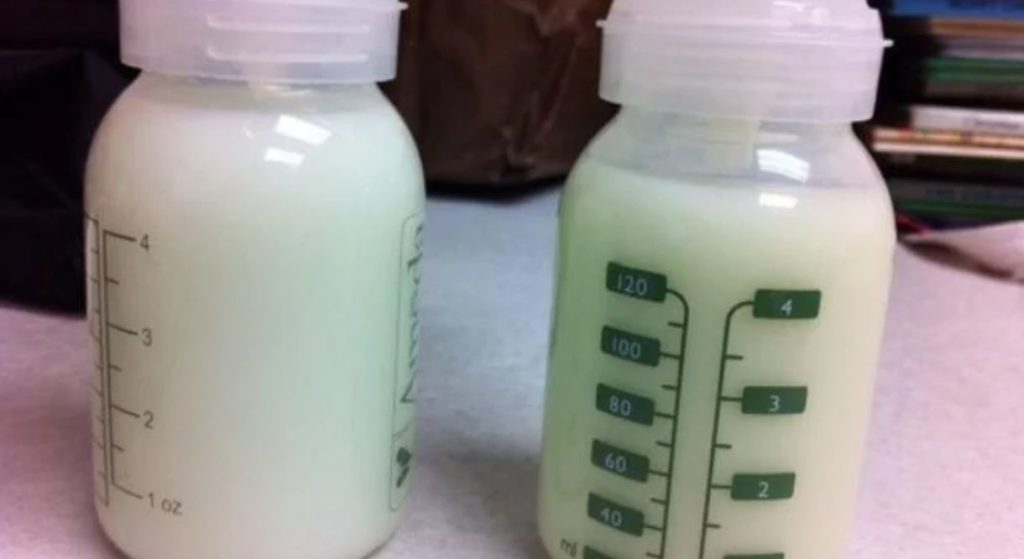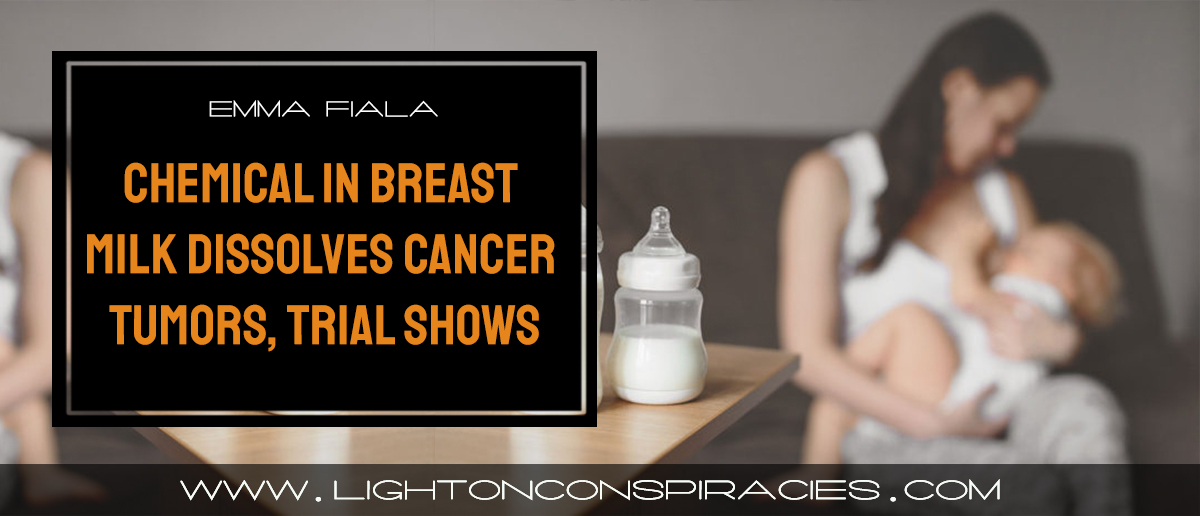 By Emma Fiala
By Emma Fiala
A recent trial has shown that a chemical found in the breast milk of humans can help break tumors up into smaller fragments which the body can then rid itself of via urine.
The chemical, Alpha1H, is found only in breast milk and aids in the production of lactose—an essential component in a baby’s development.
It turns out Alpha1H can also destroy tumors.
Early trial results, which involved 40 people suffering from bladder cancer, found that half of the patients—those given Alpha1H infusions—excreted tumor fragments in their urine.
A smaller trial involving the use of the drug prior to tumor removal showed that 8 out of 9 study participants passed tumor cells in their urion just two hours after being given a dose of Alpha1H. The tumors also shrunk in size and/or aggression and no damage to surrounding tissues was observed.
The trial took place at Motol University Hospital in Prague and was overseen by scientists from Sweden’s Lund University, where Alpha1H was discovered to have the ability to kill tumor cells by Professor Catharina Svanborg back in 1995. Svanborg founded Hamlet Pharma Ltd in order to test the drug.
According to Svanborg, “Alpha1H aids in the production of lactose, the milk sugar that is essential for baby nutrition and to make the milk fluid.”
When it unfolds, it changes its function and forms tumoricidal complexes. It has a very exciting dual function depending on the 3D structure
We have very strong data in mice showing dose-dependent reduction of the tumor, to the point of disappearance. And we have laboratory evidence for effects against many different types of cancer cells and it is therapeutic in animal models of brain tumors and colon cancer as well as bladder cancer.
The results inspire us to continue the efforts making Alpha1H available to cancer patients.
The results involving bladder cancer are especially encouraging. Around 10,000 people in Britain alone are diagnosed with bladder cancer each year and only half of those survive for ten years. According to the Centers for Disease Control (CDC), every year around 56,000 and 18,000 women are diagnosed with bladder cancer in the United States, with about 12,000 men and 5,000 women dying from the disease.
In addition to bladder cancer, in animal trials the drug has been found to kill more than forty different types of cancer cells by promoting the natural process of cell death through what is called apoptosis.
Mats Persson, CEO of Hamlet Pharma Ltd. says of the treatment, “We need more evidence but hopefully this could be the gentle chemotherapy of the future.”
By Emma Fiala | Creative Commons | TheMindUnleashed.com












